| Sorted by date | |||
page191from Building IdeasI do not think it is possible to say that one thing is of the order of ‘liberation’ and another is of the order of ‘oppression’… . a concentration camp … is not an instrument of liberation, but one should still take into account – and this is not generally acknowledged – that, aside from torture and execution, which preclude any resistance, no matter how terrifying a given system may be, there always remain the possibilities of resistance, disobedience and oppositional grouping.
And at the same time, freedom cannot be guaranteed by the physical form of buildings either: The liberty of men is never assured by the institutions and laws that are intended to guarantee them. This is why almost all of these laws are capable of being turned around… . I think that it can never be inherent in the structure of things to guarantee the exercise of freedom. The guarantee of freedom is freedom.
Having said this, Foucault does preserve a vital role for the creativity of the architect, when the liberating intentions of the designer “coincide with the real practice of people in the exercise of their freedom”.24 On this issue of practice as a mode of resistance to ideology, the French thinker, Guy Debord, also made a decisive contribution. Debord returned to the problem of reification as set out by Lukács, to develop a remarkable set of observations on the state of society in the 1960s. Published as Society of the Spectacle in 1967, the book had a direct impact on political activities as well as a more enduring influence on later Marxist thinking. Debord extended Lukács’ notion of the commodity as fetish – the phenomenon of workers reduced to “objects” and objects become alive with “magical” qualities – to suggest that a further stage of confusion between the realms of the ideal and the material had resulted from the “image” of the commodity coming to dominate instead:
|
|||
|
|||
|
|
 ... ...
... ...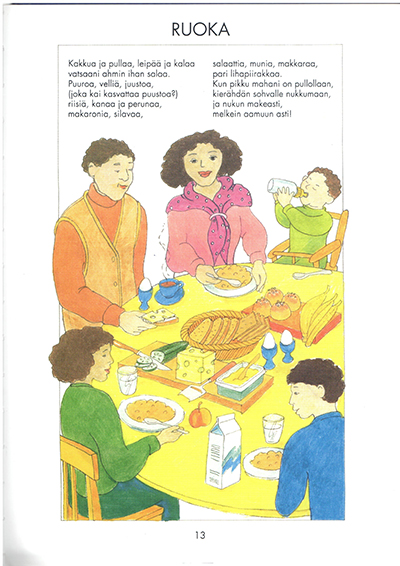 ... ...
... ... ... ...
... ...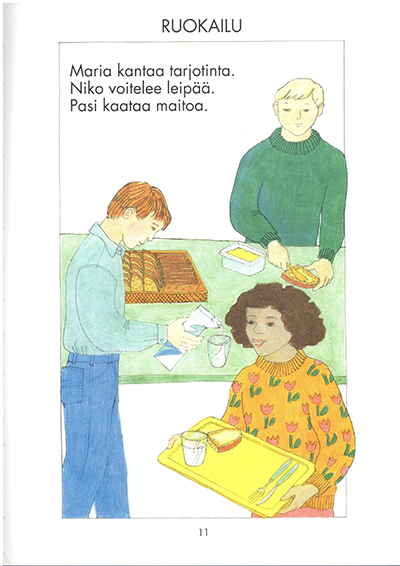 ... ...
... ...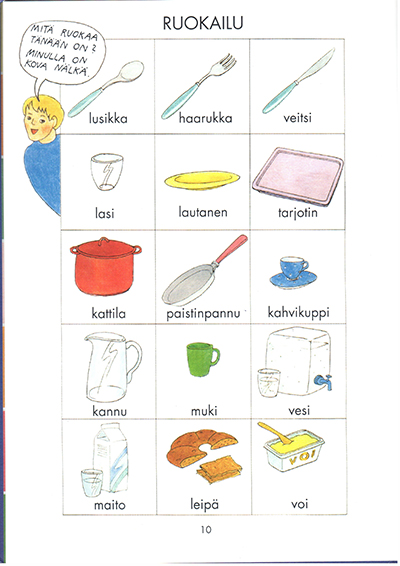 ... ...
... ...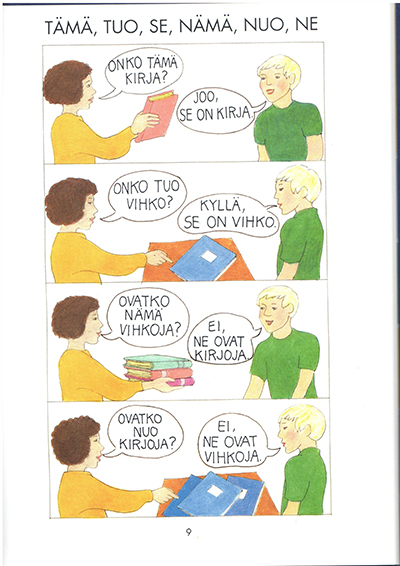 ... ...
... ... ... ...
... ...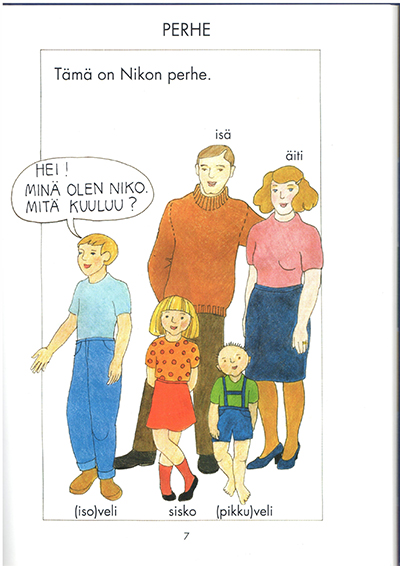 ... ...
... ... ... ...
... ...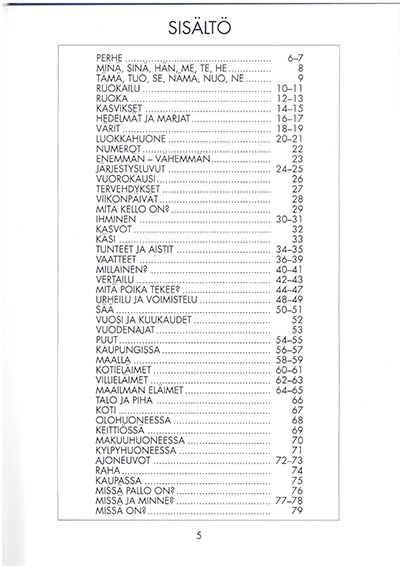 ... ...
... ... ... ...
... ... ... ...
... ...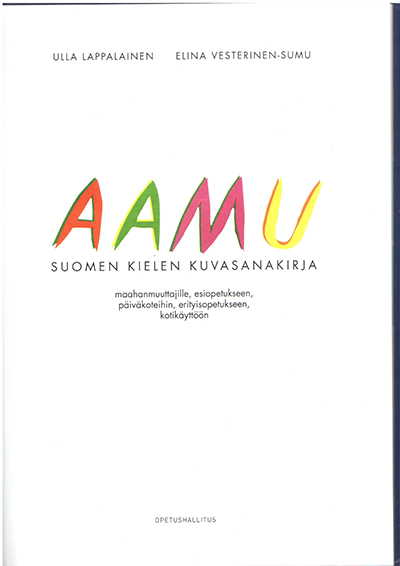 ... ...
... ...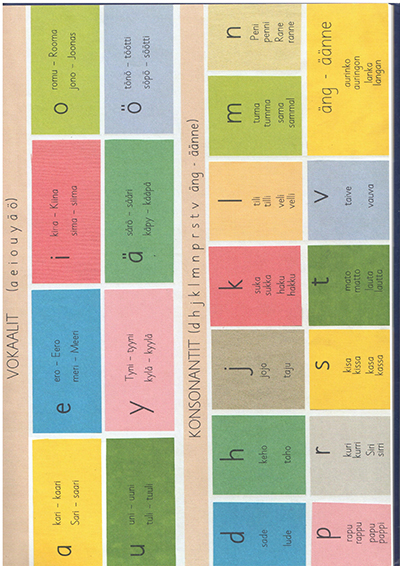 ... ...
... ...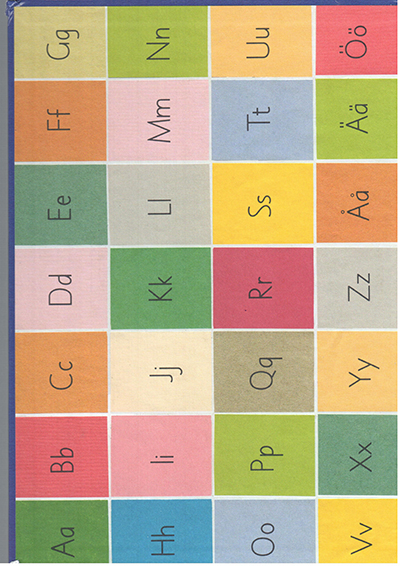 ... ...
... ...